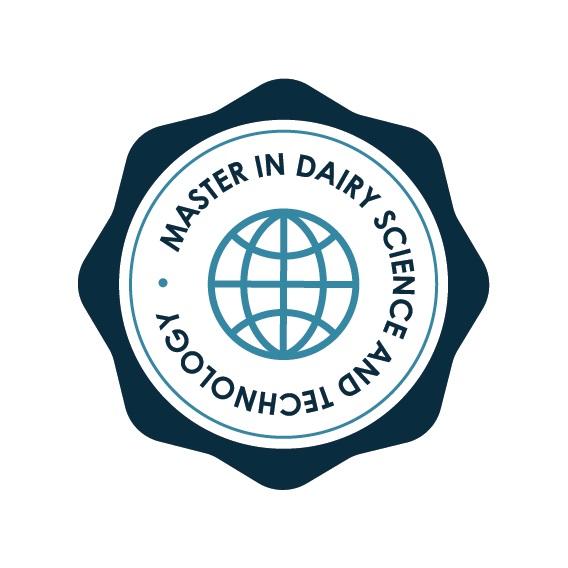
Category:
Time:
Since dairy products are important contributors to saturated fat in the Western diet, the general recommendation is reduction in intake of high-fat dairy products. However, the effects of dairy products on cardiovascular disease risk is still unclear. In a meta-analysis of studies examining biomarkers of dairy fat measured in blood, a decreased risk of cardiovascular disease was showed with high concentrations of these markers. By using a genetic variant for lactase persistence as a proxy for milk intake, the causal relationship between milk consumption and health outcomes can be obtained, which is unlikely affected by confounding factors. The T allele indexing greater milk intake has been shown to associate with higher BMI, but lower LDL and HDL cholesterol concentrations. In addition, carriers of the T allele had 14% lower risk of coronary artery disease. Since dairy products possess different characteristics, it is important to examined them separately for disease risk. In meta-analyses, fermented milk and cheese has been shown to be associated with a reduced risk of cardiovascular disease. For example, among 26,445 individuals from the Swedish Malmö Diet and Cancer cohort, consumption of dairy products was inversely associated with risk of cardiovascular disease. Among the specific dairy products, a protective relationship was observed only for fermented milk. High fermented milk intakes were associated with healthier food habits in our study, e.g., higher intake of fruit, vegetables, whole grains and fish. Therefore, it may be difficult to separate out the effect of fermented milk intake from the entire lifestyle and food pattern. In addition, the impact of dairy foods may be more pronounced in different dietary contexts. The results suggests that it is important to examine dairy products separately, especially fermented and non-fermented milk products, when investigating their health effects.














































 Munkehatten 28
Munkehatten 28